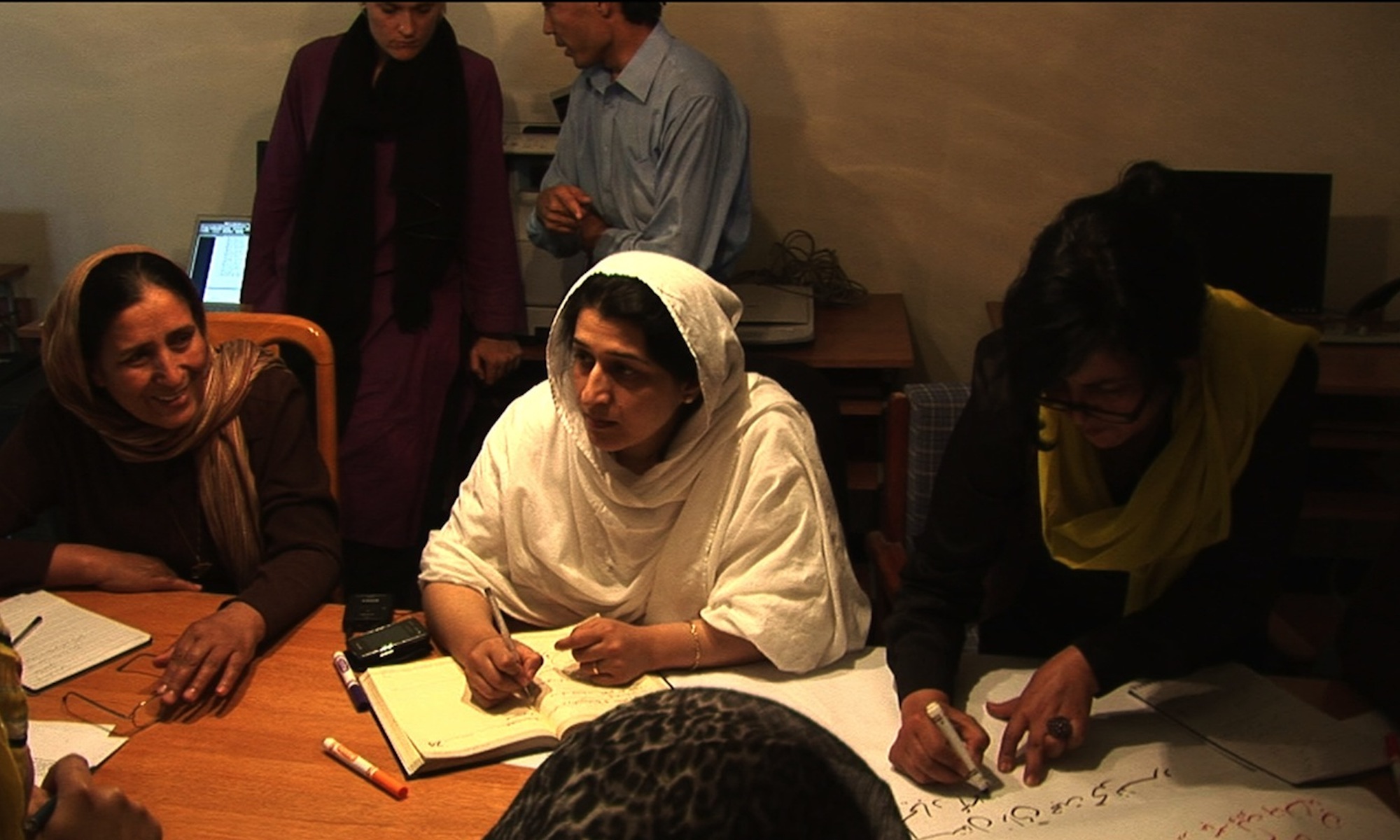Since the fall of the Taliban regime, Afghanistan has become an experiment for the international community in installing democracy from outside. Externally led democratization against rushed timetables and based on formal institutions, however, was not rooted enough in the traditional institutions of Afghanistan and was conducted simultaneously with war fighting, while any benefits from reconstruction were not reaching the people. This article argues that, as a result of this lack of ‘buy-in’, the gap between democratic ideals and the lives of ordinary Afghans is widening, thereby undermining popular support, perhaps for a generation. Seeing Afghans primarily as recipients of, and not the driving force for, democracy, coupled with growing dissatisfaction with progress on economic development, may ultimately provoke popular resistance.
Conflicted Outcomes and Values: (Neo)Liberal Peace in Central Asia and Afghanistan
The implementation of liberal peace in the context of both transition economies and post-conflict situations often involves policy advice from international financial institutions for rapid opening of the economic and political systems. Experience, however, shows that the immediate outcome is increased poverty and inequality, leading to high social and human costs. Efficiency-based inquiries on externally supported state building and peacebuilding projects often use a problem solving approach which seeks ways to improve performance without questioning the validity of the liberal peace model. Inquiries based on critical theory, however, question the underlying assumptions and the legitimacy of the project itself. Using evidence from Central Asia and Afghanistan, the article argues that legitimacy depends on both how much, in the eyes of local populations, liberal peace actually improves everyday life, and how much it is valued as a goal and adheres to internal norms and values. The main proposition is that values determine how the liberal peace model is understood, while outcomes impact on how the project is accepted. High expectations of protection and welfare during crises also mean that the state can play a key role as legitimizer.
